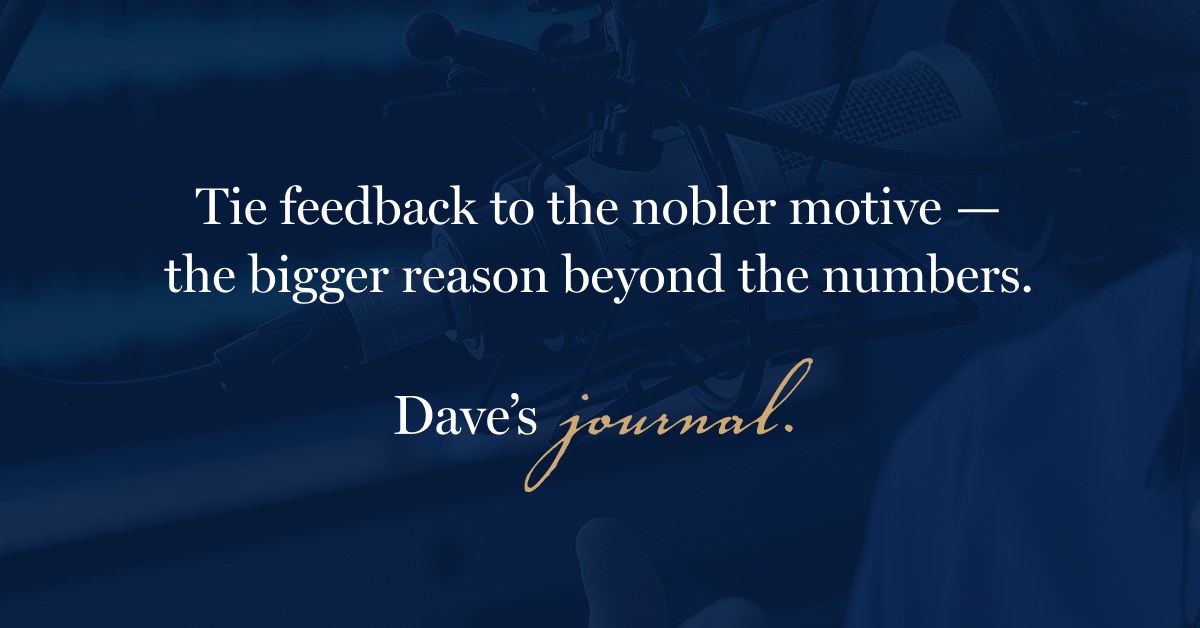I began my career working in a neighborhood education center. Early on in my new job, a parent called one day to inform us that her daughter, who was struggling with math, would not be continuing in our program.
I spent a minute or two chatting with the mom. It wasn’t about the money. The child just wasn’t motivated to do the work and she didn’t see the point in continuing to take everybody’s time.
Later that day, my boss (who knew way more about the girl’s struggles with math than I did) heard about the call and took me aside. When she discovered that I hadn’t done much to advocate for the child, she didn’t pulled any punches.
She took a step towards me, waved her finger in my face, and raised her voice:
You call her back now and you tell her she’s wrong.
The demand was so blunt that I thought she was kidding.
She wasn’t.
Of course, she didn’t literally expect me to say those words, but she did expect me to advocate for the child – and she wasn’t going to let me off the hook until I did it. My boss knew from experience that if this girl stopped now, they’d likely never get serious about math.
Feeling like I had little choice, I made the call.
Twenty years later, I remember little about the conversation except that I went in with the intention to advocate for the child. Somehow, I convinced the mom to keep going until the child’s confidence in math improved.
I would not recommend this style of management. My boss got away with it because she was a top performer, but also because she did something amazingly well that Dale Carnegie taught in How to Win Friends and Influence People*:
Appeal to the nobler motive.
Once it was clear I had turned the situation around, it was like her demand never happened. She made it a win for the child — and me.
You did that. You changed that child’s life.
Incidents like that happened again and again in the year I worked for her.
She pushed my colleague and I super hard, every day. When we performed well, she was the first to tell us. When we screwed up, she was in our face with tons of observation and coaching, until we got better.
And when we had a big win, she’d broadcast it far and wide. She’d talk about the kids lives we changed and helped us build our brands within the company. Both of us got fast-tracked for promotion, because of it.
The first week I worked for this boss, I didn’t want to come back. By the time I came under a new boss a year later, I immediately missed her. I had quickly learned that she would fight tooth and nail for any employee who was making a big difference for kids.
Lots of people give feedback. Some do it gracefully; some don’t. But few tie it to the nobler motive — the bigger, larger reason behind the numbers. Be the kind of leader who appeals to what really matters and, even when the feedback is tough, reminds people why they’re really there.
Dave's Journal is available by audio on Apple Podcasts, Google Podcasts, Overcast, Stitcher, and Spotify.





